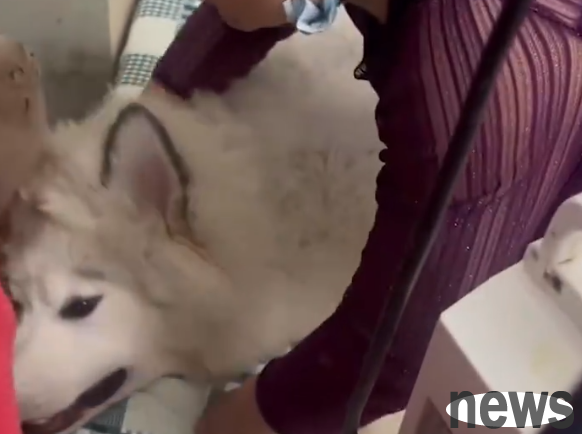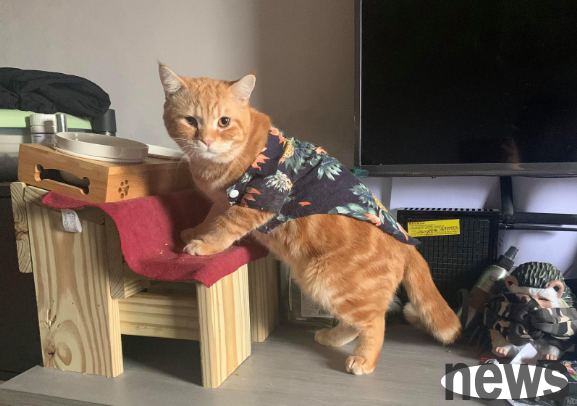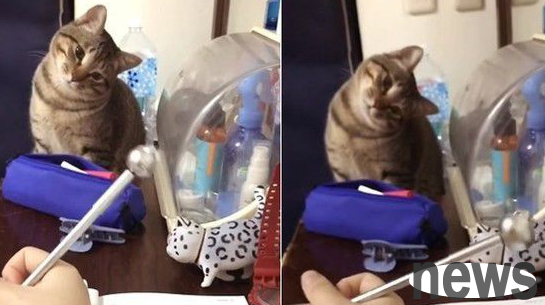How to avoid buying a weekday dog? This article tells you
1. Check if there is a sign of a dog for a week, and if there is one, don't buy it.
2. Ask friends or family members to see if they have any experience of buying a dog for the week.
3. Read the comments carefully to see if there are any comments about complaining about the week dog.
4. When purchasing, you can consider choosing a more reliable brand.
5. Check the report of the consumer protection agency to see if the brand has quality issues.
How to avoid buying a weekly dog
1. Weekly dogs usually have secretions around their eyes, and some may even turn red; healthy dogs have clean and neat eyelashes, and their eye circles are slightly moist. 2. When the dog's nose is dry over the week, or when there is obvious serous, mucus, or purulent nasal discharge from its nostrils, it is a phenomenon of infectious diseases. 3. The body is too thin and doesn’t like to move. 4. Dogs may cough, sneeze, diarrhea, etc. may be weekly dogs. 5. There are secretions around the dog's buttocks over the week, and even contaminated with stool. A healthy puppy has pink butt and should be tight and closed inward. The poop will not stick to the butt and will not smell bad.

Where can I avoid buying a weekly dog? The biggest guarantee for purchasing a healthy dog is to buy it directly in the breeding ground. The probability of a dog contracting a serious infectious disease in the breeding ground is basically zero. If there is a serious infectious disease in the dog farm, it will be a disaster!
The only drawback is that the breeding farms are limited in categories and their locations are generally remote, which is difficult for ordinary people to find easily. Therefore, most of the first brother who keeps pets will choose to choose dogs in the pet market. Dogs from all over the pet market come together for the same goal, and dogs who are not immune or are not completely immune are most likely to be infected with severe infectious diseases. Being familiar with the operating rules of the market is the primary condition for preventing buying a weekday dog.

The time to pick a dog is usually after noon on Saturday, because pet stores generally require breeding farms to ship puppies to the market near Saturdays so that consumers can buy them on their free Saturdays and Sundays. After noon on Saturday, basically all the dogs have arrived on the "shelf" - of course, when doing business, time is money. Going to buy dogs at noon on Saturday can not only have the most choices, but also minimize the time puppies stay in the market, which naturally prevents infection from severe infectious diseases to the greatest extent.
I want to mention here that if you buy a dog, you will "evacuate" the market as soon as possible, which is to reduce the infection of dogs with severe infectious diseases.















